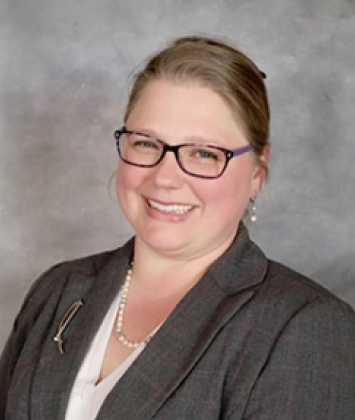No attorney-client relationship. Trademark Lawyer Law Firm, PLLC (or "the Firm") maintains this website exclusively for informational purposes. It is not legal or other professional advice and does not necessarily represent the opinion of the Firm or its clients. Viewing this site, using information from it, or communicating with the Firm through this site by Internet email does not create an attorney-client relationship between you and the Firm.
Nonreliance. Online readers should not act or decline to act, based on content from this site, without first consulting an attorney or other appropriate professional. Because the law changes constantly, this website's content may not indicate the current state of the law. Nothing on this site predicts or guarantees future results. The Firm is not liable for the use or interpretation of information contained on this site, and expressly disclaims all liability for any actions you take or do not take, based on this site's content.
Links. The Firm does not necessarily endorse and is not responsible for content accessed through this website's links to other Internet resources. Correctness and adequacy of information on those sites is not guaranteed, and unless otherwise stated, the Firm is not associated with such linked sites.
Contacting the Firm. You may e-mail the Firm or send information using a contact form on this site, if available, but the Firm cannot guarantee that information sent using the Internet is always fully secure or confidential. Do not send confidential information by any means until you have established a formal attorney-client relationship with the Firm. Communications to the Firm will not be treated as privileged unless we already represent you. Even if the Firm represents you, understand that Internet e-mail security is still uncertain and that you accept all risks of such uncertainty and potential lack of confidentiality when you send unencrypted, sensitive, or confidential e-mail. E-mail from the Firm never constitutes an electronic signature, unless it expressly says so.
Privacy Policy. With regard to information supplied to, or gathered by, this website, please see the Firm's Privacy Policy.
Jurisdiction and venue. The Firm practices primarily in the State of Michigan. The laws of Michigan apply to everything concerning use of this website, without regard to Michigan's conflict of laws principles. You agree to submit to the exclusive personal jurisdiction and venue of the appropriate Michigan court to resolve any dispute concerning your use of this website.
Control of website and responsibility for content. This website (not including linked sites) is controlled by Trademark Lawyer Law Firm, PLLC. Trademark Lawyer Law Firm, PLLC is responsible for the website's contents.




